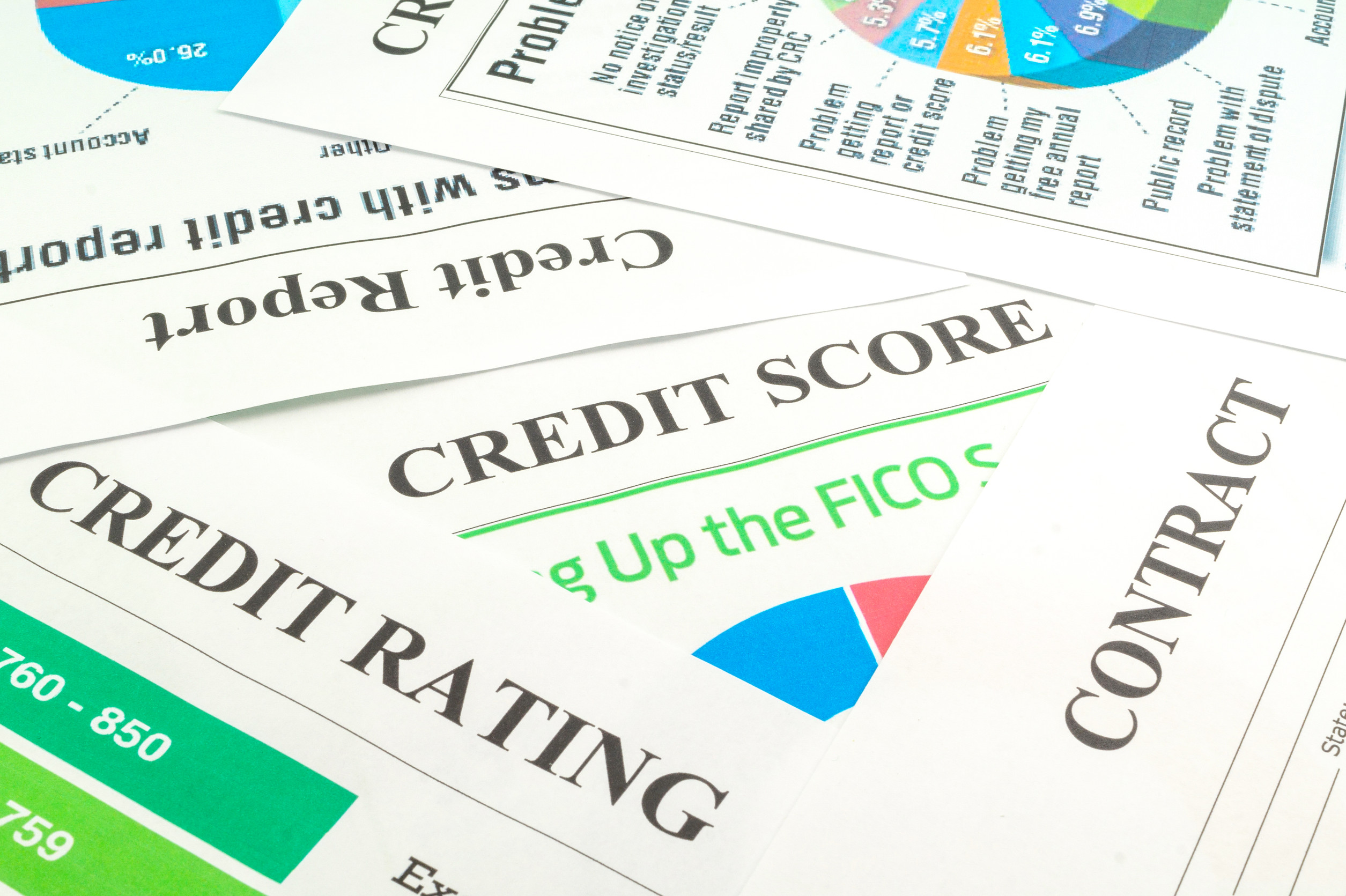
Credit scores are like reputations—you don’t always think about them, but they shape how the world treats you. A good score opens doors to better loan rates, approvals, and even jobs, while a bad one can quietly slam those same doors shut.
The tricky part? Many people hurt their credit without realizing it, thanks to everyday mistakes that seem harmless. It’s not just late payments or massive debt—there are hidden traps everywhere.
1. Forgetting a Single Bill
Even one late payment can leave a scar on your credit history. Credit bureaus track missed due dates like hawks, and they don’t care if it slipped your mind or got lost in the mail. That tiny oversight can linger on your report for years, lowering your score more than you expect.
Banks view it as a warning sign that you might not manage money responsibly. Setting up autopay or reminders can be the difference between a spotless record and a ding that takes years to recover from.
2. Closing Old Credit Cards
It feels responsible to shut down unused cards, but credit scoring systems don’t see it that way. Closing a card reduces your total available credit, potentially spiking your utilization ratio. It also cuts into your credit history length, which is a major factor in your score. A card with no balance that’s been open for years is actually doing quiet work to boost your credibility. Keep those old accounts alive unless they’re charging outrageous fees.

3. Ignoring Small Debts
That forgotten $20 copay or unpaid subscription might seem too tiny to matter. But if it gets sent to collections, your credit report will feel the full impact. Collection accounts, no matter the size, scream “risk” to lenders. They weigh heavily and can stick around for years, even after you’ve paid them off. Paying attention to the little bills is one of the easiest ways to keep your score safe.
4. Applying for Too Much Credit at Once
Every time you apply for a new loan or credit card, it sparks a hard inquiry on your credit report. Too many of those inquiries in a short window makes you look desperate for money. Lenders interpret that as a red flag, even if you’re just shopping for the best deal. Each inquiry shaves a few points off your score, and the damage stacks up. Spacing out applications keeps your report from looking chaotic.
5. Carrying High Balances
Your credit utilization ratio—the percentage of credit you’re using compared to what’s available—is one of the heaviest hitters in scoring. Running balances close to your limit signals overextension. Even if you never miss a payment, maxed-out cards drag your score down fast. Lenders want to see breathing room, not edge-of-the-limit spending. Keeping balances low relative to your limits is an easy win for credit health.
6. Not Checking Your Credit Report
Errors and fraud happen more often than most people realize. A stranger’s mistake—or worse, identity theft—can quietly shred your score if you never look. Annual free reports are available, but millions skip checking them. That means bad information can sit there, dragging you down, while you stay in the dark. Monitoring your report is like regular maintenance on a car—you catch problems before they become disasters.
7. Co-Signing Without Caution
Helping someone out by co-signing their loan feels generous, but it’s also risky. That debt becomes your responsibility in the eyes of the credit bureaus. If the borrower pays late or defaults, your score takes the same hit as theirs. Even if they’re responsible, the loan still increases your own debt load. Co-signing should be reserved for situations where you’d be comfortable taking over the entire payment yourself.
8. Skipping Different Types of Credit
Credit scores don’t just measure how you handle one kind of debt. They reward variety—such as credit cards, auto loans, mortgages, and personal loans—because it demonstrates your ability to manage multiple financial obligations. Having only one type of account limits your score’s potential. Lenders prefer to see that you can handle installment loans and revolving credit alike. Adding variety over time boosts credibility without needing massive borrowing.
9. Ignoring Due Dates by a Few Days
Even if you catch up quickly, paying just a few days late can still hurt your report. Some creditors don’t report lateness until 30 days past due, but others might note it earlier. Either way, consistent late patterns send up warning flags. Fees and interest pile on top of the score damage, creating a double hit. Staying ahead of due dates is one of the simplest credit-friendly habits you can build.
Protect Your Score Like Gold
Credit scores may feel like invisible numbers, but they shape some of the most important financial opportunities in life. Small habits—both good and bad—add up faster than people realize. Avoiding the quiet killers of credit health takes awareness and consistency. The good news? Every positive step strengthens your foundation for better rates, approvals, and peace of mind.
What’s your biggest credit challenge right now? Share your thoughts or drop a comment below.
You May Also Like…
- 6 Things Credit Card Companies Hope You Never Figure Out
- 5 Strange Things That Could Ruin Your Credit in an Instant
- Could Lending a Friend Just $500 Destroy Your Credit Score
- 8 Surprising Costs Linked to Credit Monitoring Services
- Is Your Side Hustle Helping or Hurting Your Credit Score?
The post 9 Things That Quietly Wreck Your Credit Score appeared first on Everybody Loves Your Money.







